Since my daughters Monica Amestoy ’13 (now a junior at the University of Utah) and Olivia Amestoy ’15 (now a freshman at the University of Washington) are both off the Hill and away to college, my wife and I are glad to have no more parent volunteer hours to fulfill. But to be honest, we loved most of those hours and have fond memories of the years our daughters were at Flintridge Sacred Heart Academy.
While my wife Margaret gave a lot of eighth grade tours on the Hill, I spent a tremendous amount of time with FSHA’s speech and debate team while Monica was a student and even after she graduated. This began with the need to judge at the tournaments, since judges need to come from the schools competing at them. Since our team was new, that meant we, as parents, had to step up. I almost quit immediately as I felt so underqualified, but by the end of four years I knew my way around judging a varsity level debate round and even knew the best places to eat and park at a dozen tournaments.
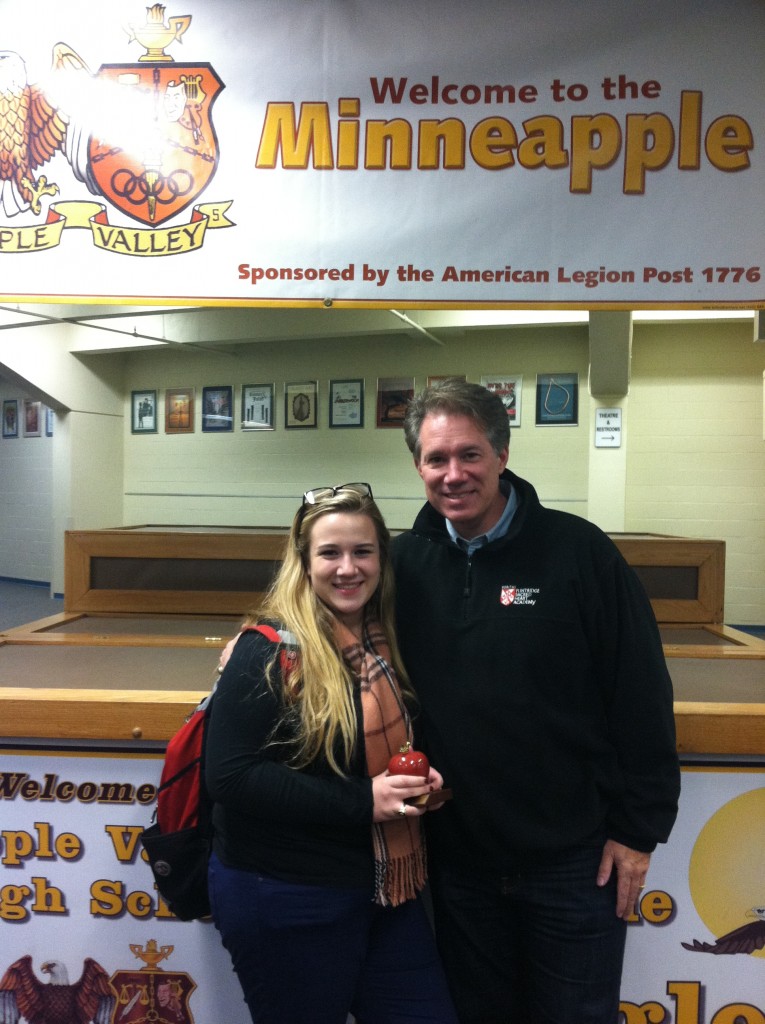
Speech and Debate’s Many Benefits
While driving the FSHA van full of students and coaches to Stanford or Berkeley and then judging many hours of high school debate doesn’t sound like fun (and it sometimes wasn’t), I am so glad to have been a part of the experience. Mostly, because I was able to spend a lot of time with my daughter Monica. As all parents know, these high school years fly by so quickly and being involved with Flintridge Sacred Heart Academy’s speech and debate team was a great way to spend time with her before she flew out of the nest.
Now, there is a lot of losing in debate, and I’m convinced this helps the young men and women in this activity almost as much as anything else. Remember, we are the parent generation that gave these kids participation trophies in grade school when their soccer teams lost. In my mind, the skills to handle success and failure also have to be learned in order for our children to gain maturity.
I was also able to witness the amazing things happening to Monica as she became one the top 10 female high school debaters in the country. The competitive environment allowed Monica to absorb so much information and understand it critically. I remember how this started at one of her first tournaments. She quoted a philosopher to justify her argument, and when her opponent had his turn, he actually spoke to that quote showing how the author continued on with additional content that strengthened the meaning of his side of the argument. Monica lost the round and was so upset that he knew her argument better than she did. Believe me; she never let that happen again.
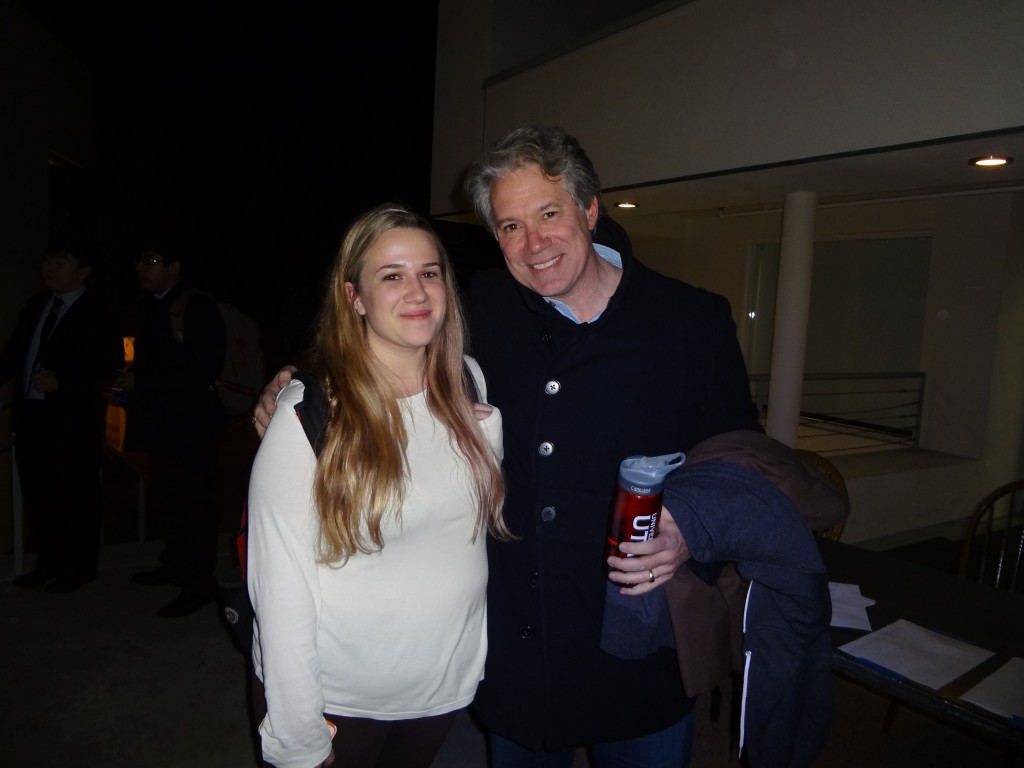
Now, there is a lot of losing in debate, and I’m convinced this helps the young men and women in this activity almost as much as anything else. Remember, we are the parent generation that gave kids participation trophies in grade school when their soccer teams lost. In my mind, the skills to handle success and failure also have to be learned in order for our children to gain maturity. I was able to witness Monica and the Tolog team deal with both extremes. Unfortunately, there is also a gender bias in these events that does not favor our daughters. So sometimes when they obviously won, the judge may favor that assertive young man instead. They have another word when the young woman is assertive unfortunately. This was another reason why I felt I had to enter the judging pool.
Perhaps, most importantly, I was able to witness my daughter gain her own voice. High school debate is not a speech contest nor is it just about retaining and repeating information, debate is more like competitive-thinking.
Perhaps, most importantly, I was able to witness my daughter gain her own voice. High school debate is not a speech contest nor is it just about retaining and repeating information. Debate is more like competitive-thinking. This is critical thinking in competition before a judge who compares the value of each of the arguments. I saw my daughter learn the weight of a resolute idea by making a claim, providing evidence for it, and showing its impact in the grand scheme of things. She had to think about her case, how she needed to defend it and further it, while at the same time attacking her opponent’s case. Later, Monica became one of the best in the field with the tricky stuff like theoretical or critical arguments. All this has left Monica with her own voice and anyone who has met her would agree, and if they don’t … she would love to argue about that too.
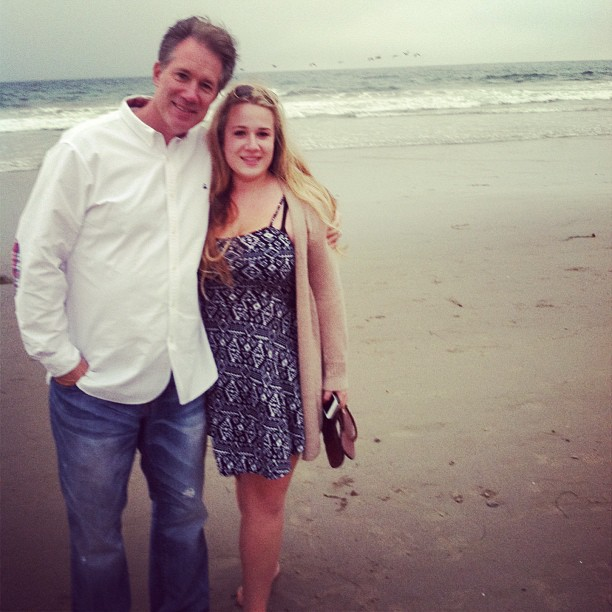
Facts about Monica
- It was during her junior year, that Monica began to really focus, settle down and compete at the level at which she was truly capable. With the help of her coaches, Monica’s experiences at debate camp, and her own self-determination, she broke to Octafinals at the National Debate Coaches Association (NDCA) Championships in Las Vegas.
- In her senior year, she made it to quarterfinals at UCLA (VBT), then went undefeated in preliminary rounds at the Cal Invitational at UC Berkeley and was awarded 1st Speaker. She earned an invitation to the Lexington Round Robin in Boston, and the Hockaday Round Robin in Dallas.
- Her final achievement was representing FSHA at the Tournament of Champions at the University of Kentucky in 2013. She remains the only Tolog to have competed at the TOC.
- Monica accepted a scholarship to debate for the University of Utah. She had been a finalist for a debate scholarship for another university but lost to another applicant. However, in her first college level debate, Monica led her team to the final round of a tournament at the Air Force Academy beating the captain of the team that didn’t offer her that other scholarship.
- Monica still teaches at high school debate camps in the summer and is flown in to judge and coach at high school tournaments when she has time.



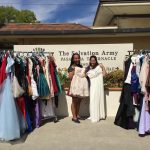
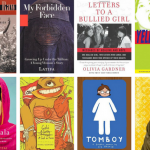

This is fantastic to read. I remember 14 years ago Sister Celeste asked my parents Tom and Jan Curtis if they could start up a speech and debate club. FSHA had been without the program close to 20 years, but she saw a need where young women can have a voice. Prior to my freshman year, I was incredibly shy and afraid to here my own voice. Through the wins and defeats, what kept me going was that I had found my voice and see its impact upon other people. Our team was small: 5-6 people doing I.E. And maybe a parli round in between. It was difficult to gain attention to the new club to recruit members, and losing a round felt like the ultimate defeat. I know what you mean about there being inherent biases at tournaments and wanting to make a difference. Also, congrats to your daughter for all those accomplishments!! That’s pretty cool. Unfortunately having a voice is seen as detrimental, because men and women should adhere to gender norms. It’s great to challenge the status quo, even if it means many defeats to that one win. No one, regardless of gender identity, race, culture, or ethnicity, should have their voice taken away. My parents felt the same way, and instilled in our team to never give up. It’s ok to not get a participation trophy because you felt more comfortable with quick critical thinking and pursuation. Heck, those trophies end up collecting dust after a while. What is important, I found, is a student learning and using his/her voice to make a difference. That lesson is lifelong and will have a deeper impact than trophies alone. I am glad and grateful to my parents for starting S&D and rallying other parents to coach and judge. Ten years after graduating, I still sometimes have a hard time expressing myself. Yet, I remember at my very first tournament, the harsh judging and hours spent practicing in front of a mirror gave me the confidence to accept defeat and learn from it. I am proud of the legacy our team and parent volunteers created and the dedication of these young women to challenge adversity using the power of their own words.